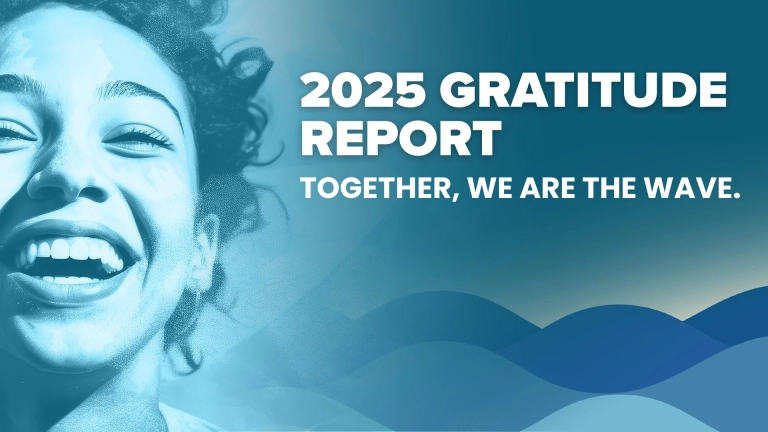“What can I do to protect my child from sexually degrading and exploitive media?”
As onslaughts of pornography and harmful, sexually explicit materials threaten our schools and homes, countless parents throughout the country and the world ask themselves this question. Dina Alexander, founder and president of Educate and Empower Kids, faced this challenge as a mother. Instead of ignoring or minimizing the problem, she decided to act.
Katherine Blakeman of the National Center on Sexual Exploitation recently interviewed Alexander about her about her books, her efforts, and her ideas about limiting the effects of harmful media on children. Her responses are valuable for parents, teachers, and everyone to protect those they love through media literacy and a smart approach to technology.
According to Alexander, parents must first understand the influence that media can have on children before they can combat it. “All of us are being exposed to hypersexualized imagery, everywhere, every day,” she says. Regardless of neighborhood, social group, or family values, children will receive messages about sexuality and about body image from commercials, social media, and a plethora of other platforms. It’s important to acknowledge, according to Alexander, that children will be curious about sexuality, and even about pornography. This is a natural part of development. After making this acknowledgment, Alexander teaches that parents must not shy away from conversation that addresses this curiosity—in fact, they should learn to initiate it. Says she, “Whether your child is four years old or fifteen years old, if you have not started talking, you need to start talking.” Conversation about healthy sexuality and body image is the best antidote to the toxic representation of sexuality in media.
Through her organization, Educate and Empower Kids, Alexander provides multiple resources for parents wanting to promote healthy sexuality and body image. Upon visiting the organization’s website (found here), parents and other concerned individuals can access videos, articles, and tips that teach skills such as how to have conversations with children about healthy sexual intimacy, how to recognize hidden references to pornography, and how to use technology as a force for good. An activity section even allows parents and children to practice media literacy, a skill beneficial to every age group. Most of us, says Alexander, “can read really well, we can understand the text, we can understand a poem, a book, but most of us have trouble deconstructing the messages in media.”
Educate and Empower Kids has also published a number of books on the topic, such as “30 Days of Sex Talks” and “How to Talk to your Kids about Pornography”. The two most recently released, “Messages about Me: Wade’s Story—A Boy’s Quest for Healthy Body Image” and “Messages about Me: Sydney’s Story—A Girl’s Quest of Health Body Image”, tackle the difficult issue of “idealized” bodies, as portrayed by the media. Through illustrations and humor, they help children to learn that beauty comes in all shapes and sizes, and that to believe what the media says about beauty does not promote happiness. More books will be published shortly, promoting media literacy and the power of using media in a constructive way.
We at NCOSE applaud Dina Alexander for her efforts and recommend that you visit the Educate and Empower Kids website to find lots more great ways to protect your children from hypersexualized media and promote an understanding of healthy sexuality in your home.



